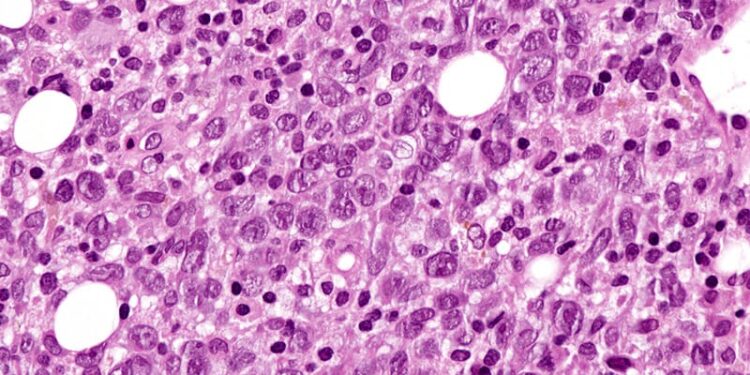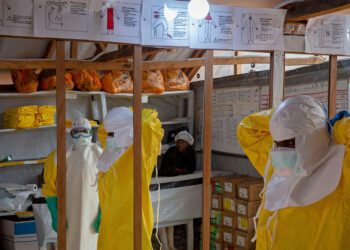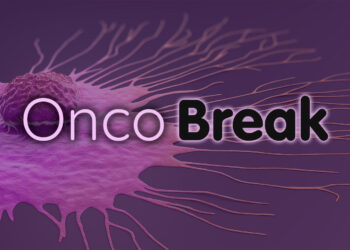The FDA rejected a supplemental Biologics License Application (sBLA) for glofitamab-gxbm (Columvi, Genentech) in combination with gemcitabine and oxaliplatin for the second-line treatment of relapsed or refractory diffuse large B-cell lymphoma (DLBCL) in patients who are not candidates for autologous stem cell transplant.
A complete response letter from the FDA stated that Genentech’s phase 3 STARGLO trial did not provide sufficient evidence to support the proposed second-line DLBCL indication for the T cell engaging bispecific antibody in the US, according to a Genentech statement.
However, a conditional FDA approval in the third-line or greater setting remains in place.
FDA’s decision regarding second-line glofitamab aligns with an advisory committee vote in May, which cited a lack of US patient representation in the trial. The Oncologic Drugs Advisory Committee (ODAC) voted 8-1 against recommending approval, as reported by Medscape Medical News.
The FDA asked for ODAC review over concerns that nearly half of the STARGLO participants were from Korea, Taiwan, and China, with most of the remaining participants coming from Europe and Australia. Only 25 US patients were included.
Outcomes among Asian vs non-Asian patients differed, with a strong trend toward worse overall survival (OS), rates in White patients and patients from Europe and the US, despite a strong overall 0.59 hazard ratio for OS. Similar trends were observed for progression-free survival and complete response rates.
At the time, the FDA said the low US enrollment “limits the agency’s ability to assess the applicability of the study results to a US patient population,” and cited additional concerns regarding comparator drugs used in the trial, according to meeting documents.
“While we are disappointed with this outcome, we remain confident in the data supporting the value of Columvi for US patients who have relapsed following initial treatment, and its key role as monotherapy in the third-line setting,” Genentech’s Chief Medical Officer and head of Global Product Developments, Levi Garraway, MD, PhD, said in the company statement regarding the sBLA rejection. “We are committed to bringing Columvi to more people living with lymphoma and are actively exploring its potential in additional treatment settings, including as frontline therapy.”
“For patients with this aggressive form of lymphoma, effective treatment after relapse is paramount,” added Jeremy Abramson, MD, the principle STARGLO investigator and director of the Jon and Jo Ann Hagler Center for Lymphoma at the Massachusetts General Hospital Cancer Center, Boston.
Abramson stressed that in the STARGLO trial, the glofitamab combination therapy improved OS, which “could have a positive impact for patients earlier in their treatment journey.”
The regimen is currently approved for this indication in more than 35 countries. It is approved in more than 60 countries for third-line or greater treatment of DLBCL, including in the US where the FDA granted accelerated approval in 2023.
STARGLO was also intended as a post-marketing confirmatory study to support conversion of the accelerated approval to full approval, Genentech noted.
Results were published in 2024 in The Lancet, and 2-year follow-up data showing sustained overall improvements in the primary and secondary endpoints were presented at 2025 American Society of Clinical Oncology Meeting.
Genentech said the regimen is currently being investigated in combination with other agents as a first-line treatment for DLBCL in the phase 3 SKYGLO study.
Sharon Worcester, MA, is an award-winning medical journalist based in Birmingham, Alabama, writing for Medscape, MDedge, and other affiliate sites. She currently covers oncology, but she has also written on a variety of other medical specialties and healthcare topics. She can be reached at [email protected] or on X: @SW_MedReporter.
Source link : https://www.medscape.com/viewarticle/dlbcl-fda-rejects-bla-second-line-glofitamab-combo-2025a1000jm4?src=rss
Author :
Publish date : 2025-07-24 12:21:00
Copyright for syndicated content belongs to the linked Source.











